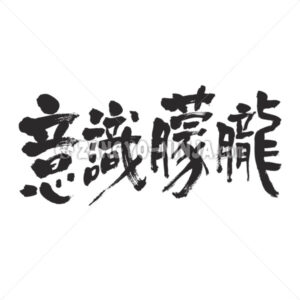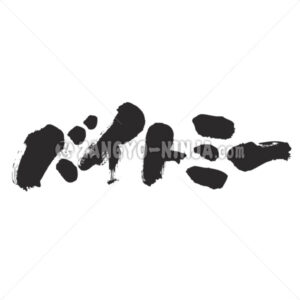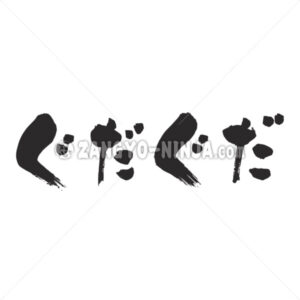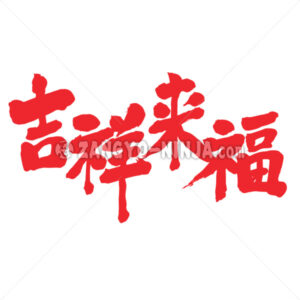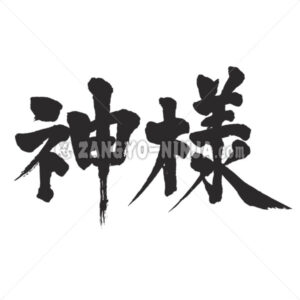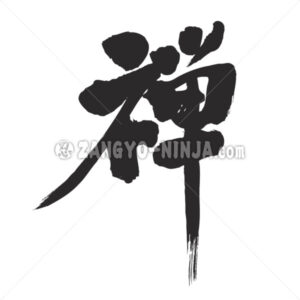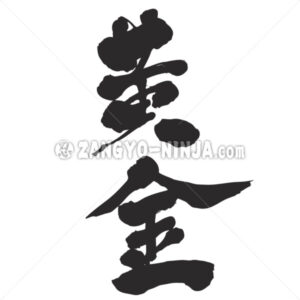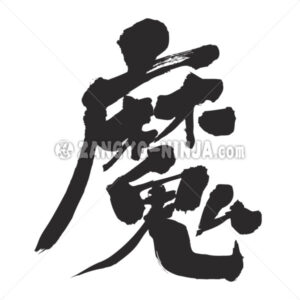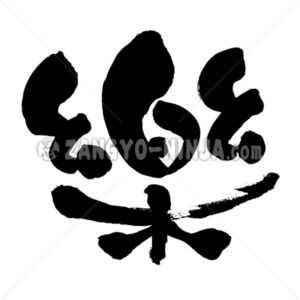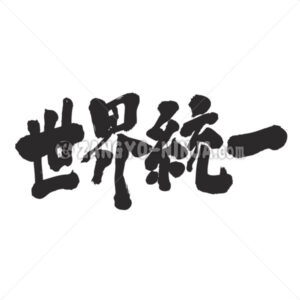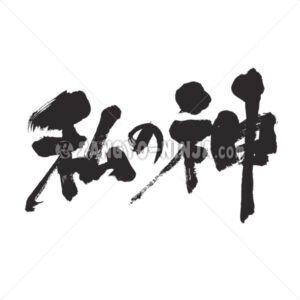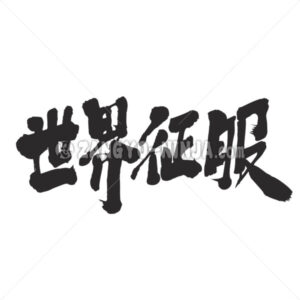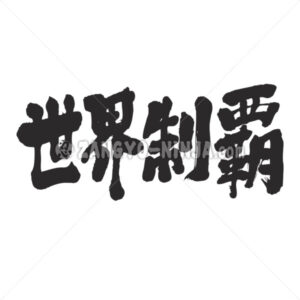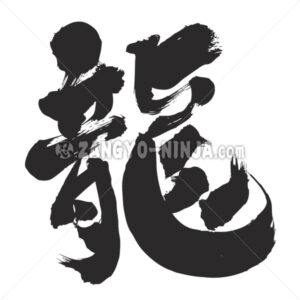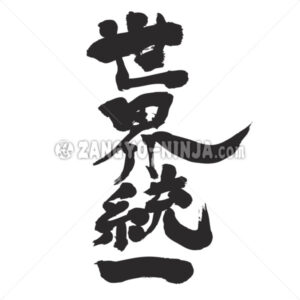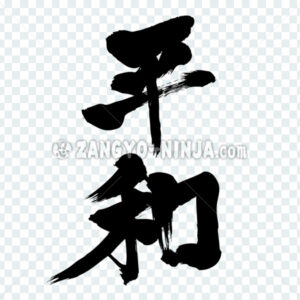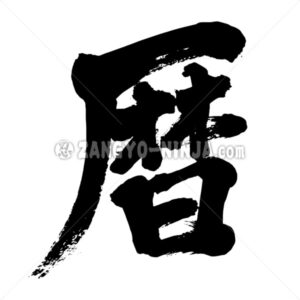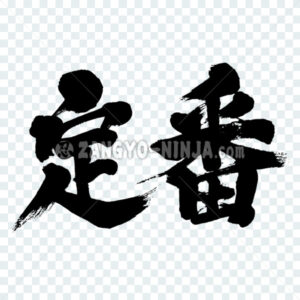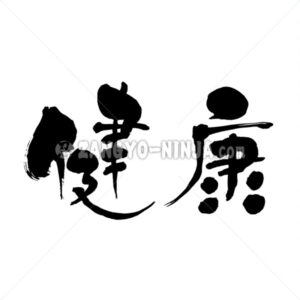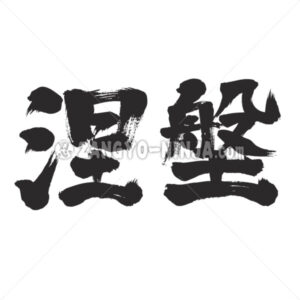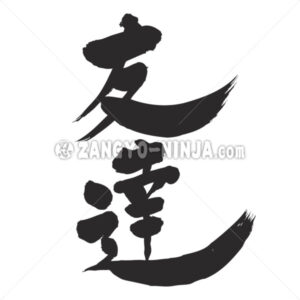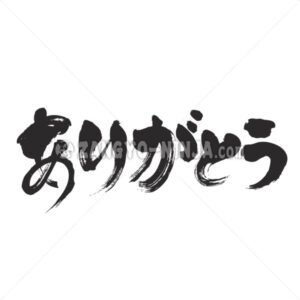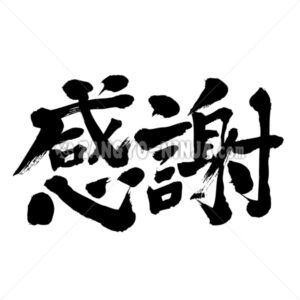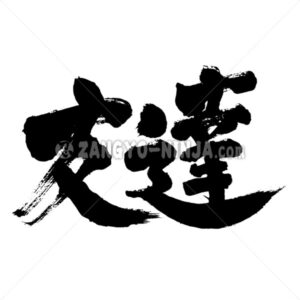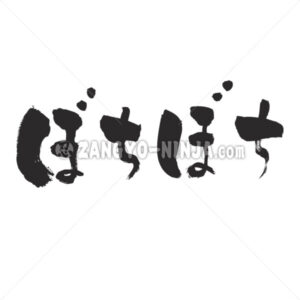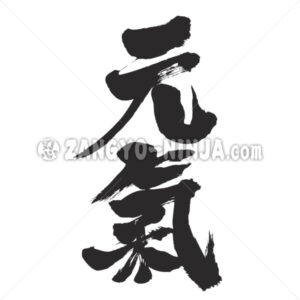
1. Power to become the source of activity. Also, it feels like it’s overflowing. 2. Good physical condition.
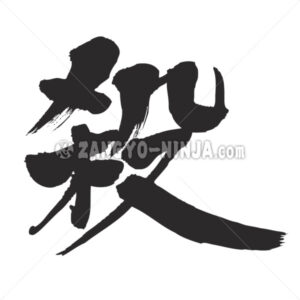
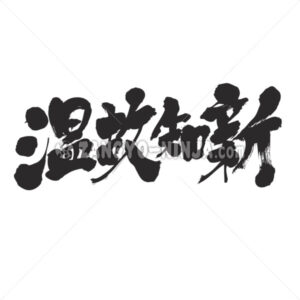
developing new ideas based on study of the past, learning from the past. Japanese says “On Ko Chi Shin”.
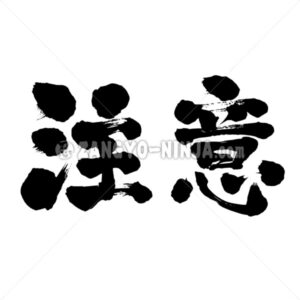
notification of something, usually in advance. a message informing of danger. Japanese says “chu i”. As an example, you are “warning” because you are a bot and consume network resources meaninglessly.
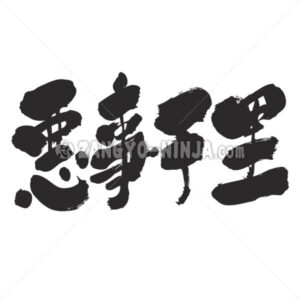
The old word of the meaning such as bad rumor of people, bad reputation soon widely known. “悪事” are bad deeds, and “千里” means far away and is a wide world. Japan call “Aku ji sen ri”.
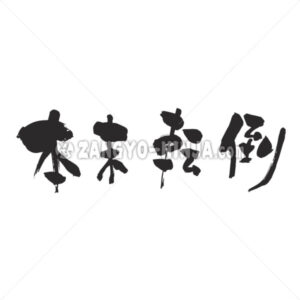
failing to properly evaluate the importance. putting the cart before the horse. mistaking the cause for the end. mistaking the insignificant for the essential. getting one’s priorities backwards. Japan calls “Hon Matsu Ten To”.
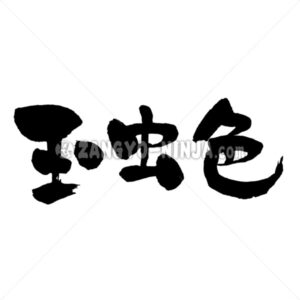
1. A dyed or woven color that appears to change to green or purple due to the light rays, like the wing of a bug. 2. A term that refers to ambiguous expressions that can be interpreted in various ways depending on the viewpoint or position. Japanese calls “Tama mushi iro”


